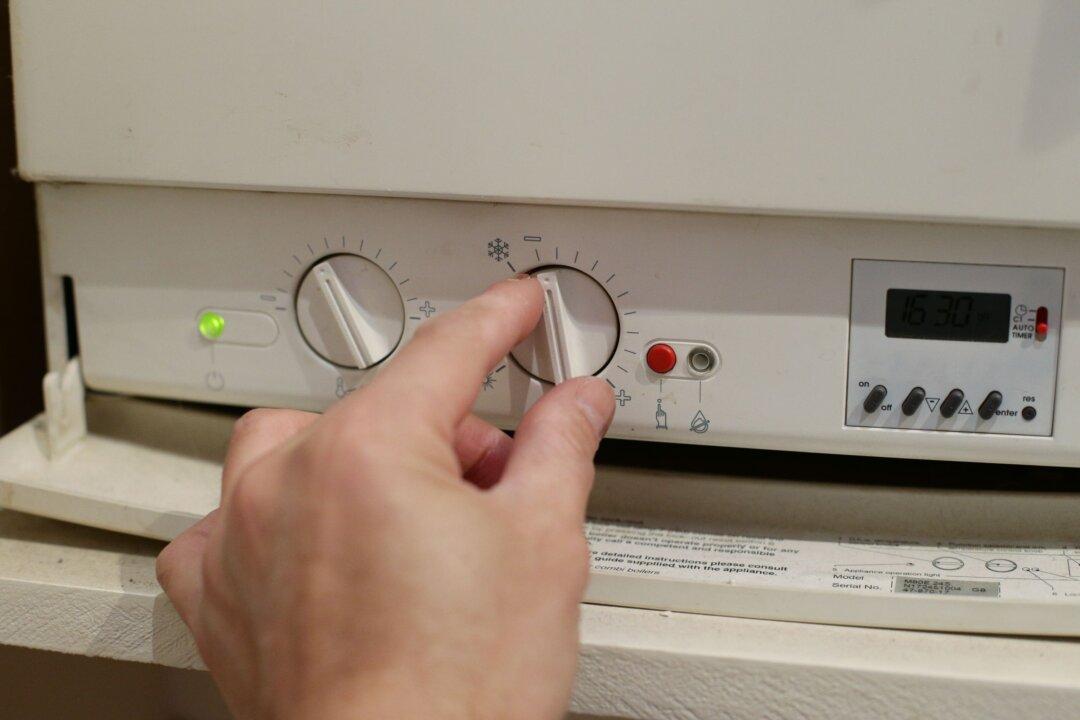Households could receive bigger grants from the government to replace boilers with heat pumps.
A government consultation (pdf), published on Thursday, seeks feedback from consumers and businesses on how to evolve the Boiler Upgrade Scheme (BUS).

Households could receive bigger grants from the government to replace boilers with heat pumps.